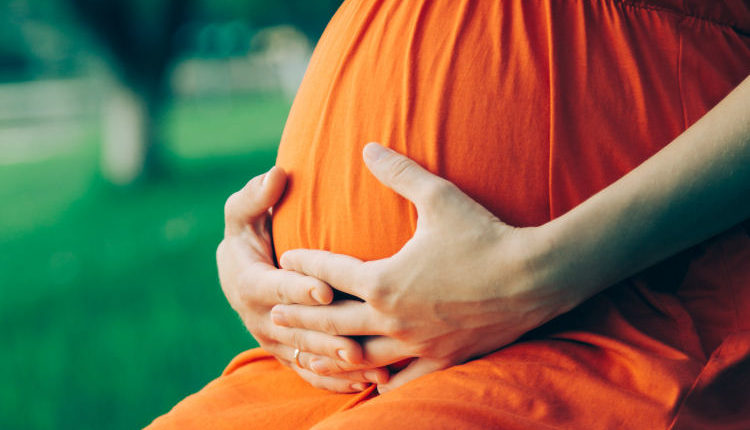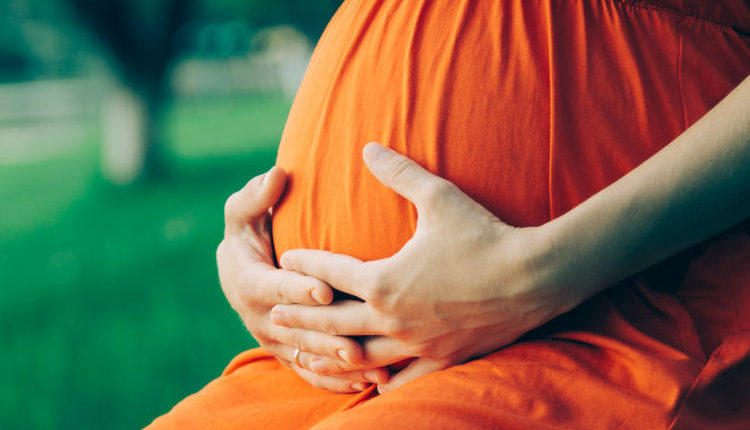
BUFFALO, N.Y. – Children from unintended pregnancies tend to experience more depressive symptoms in early adulthood compared to children from intended pregnancies, however there’s little evidence of a causal relationship, according the results of a newly published study by a University at Buffalo sociologist.
Jessica Su, an assistant professor in UB’s Department of Sociology, says the association between fertility intentions and depressive symptoms is more likely due to the mother’s socioeconomic background and the accompanying lack of access to resources and services.
“Although the research doesn’t suggest a causal link, that doesn’t imply that unintended childbearing is without lasting effects on children,” says Su, who specializes in the study of American family life and inequality. “In fact, I think it’s an important characteristic of the family environment that contextualizes the child’s development. It’s an indicator of the importance of social resources over the developing life course.”
The findings appear in the Journal of Health and Social Behavior.
Just over one-third of all births in the U.S. are unintended, a particularly high figure compared to other developed countries. As a sociologist, Su says her immediate questions center on the causes and consequences.
“This has driven a lot of my research, especially because people in disadvantaged populations are much more likely to have unintended pregnancies,” she says. “So understanding this as a social problem is key in terms of overall social inequality.”
Existing research has established that children resulting from unintended pregnancies generally have poorer health and development than children from intended pregnancies. Their mothers are less likely to get timely prenatal care and they may have poor parent-child relationships. Since unintended births predict risk factors in childhood, Su asks how that might inform the child’s young adult years. What happens in the long-term? It’s a question researchers have rarely, and not recently, raised.
Su says only two studies have looked at how these children fare in adulthood.
“Both of these studies were done roughly 50 years ago and were based on samples of white parents, the population segment least likely to have an unintended pregnancy,” she says. “And one of them was conducted in the Czech Republic, so the results are not generalizable to contemporary patterns of fertility in the U.S.”
“I’m trying to build on previous research and extend it to a nationally representative population and contemporary sample, but also look specifically at depressive symptoms.”
Su’s study is conceptually innovative in that it uses intergenerational data from the National Longitudinal Survey of Youth, which started reporting in the late 1970s and includes information on the mother’s background before she had children, a critical point when it comes to isolating the parent-child relationship.
“Even though the causal link isn’t there, being the child of an unintended pregnancy still makes a difference,” says Su. “That difference is likely to be more than the result of pregnancy status.”
###
Media Contact
Bert Gambini
[email protected]
716-645-5334
@UBNewsSource
http://www.buffalo.edu
http://www.buffalo.edu/news/releases/2017/08/039.html





